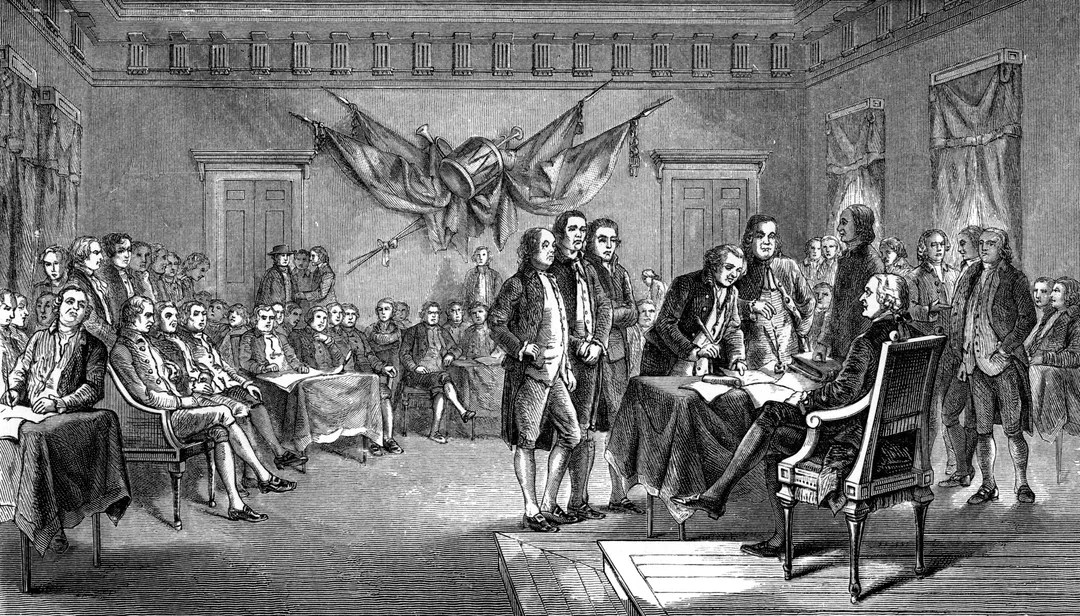
The Constitutional Crisis Behind Trump’s Retaliatory Executive Orders Against Law Firms
In recent months, President Donald Trump has ignited a fierce constitutional firestorm by signing a string of executive orders sanctioning prominent law firms—most notably Perkins Coie, WilmerHale, Paul Weiss, Covington & Burling, and Jenner & Block. Targeted for their alleged opposition to Trump's political interests, these orders strip law firms and individual lawyers of security clearances, government contracts, and even access to federal buildings. The gravity of the situation extends far beyond the fate of the legal profession: at its core, this controversy tests the separation of powers and threatens vital protections enshrined in the U.S. Constitution.
These executive actions have unleashed a wave of legal challenges. On April 8, 2025, a coalition of 27 former senior government officials from both major political parties filed an amicus brief in Perkins Coie LLP v. U.S. Department of Justice. Their statement was unequivocal: "[We] have never before seen or condoned an ad hominem punitive, and retaliatory order of this kind, attacking and intimidating lawyers and a law firm on the basis of their lawful activities." The brief, persuasive both in historical understanding and constitutional clarity, asserts that the president’s orders are not only an affront to First, Fifth, and Sixth Amendment rights but fundamentally violate the Constitution’s structure by acting without legitimate authority or due process.
Particularly controversial is the question raised by Judge Beryl Howell: Do these executive orders, which single out specific law firms and lawyers for punishment, amount to forbidden bills of attainder? The Constitution prohibits any law that singles out individuals or groups for punishment without trial—a principle born from Britain’s long struggles against unchecked monarchical power. U.S. history is replete with warnings from Founders like Alexander Hamilton and John Marshall, who decried the legislative and executive abuses seen in their colonial past.
Attorney General’s arguments to exclude executive orders from the Constitution’s ban on bills of attainder have been criticized as dangerously formalistic. Indeed, historical evidence shows that even the most absolutist British monarchs required Parliament’s assent to wield such a tool. Throughout centuries, it was unthinkable for executive authority—king or president—to unilaterally declare individuals guilty without a trial. The Framers of the Constitution, alarmed by professional purges of loyalist lawyers during the Revolutionary era, made their opposition clear with an explicit, twofold ban within the nation’s founding document.
The magnitude of this conflict extends beyond the legal profession. Press freedom advocates have sounded alarm bells, arguing that such orders threaten the ability of journalists and media organizations—a critical check on government—to obtain legal counsel. As Seth Stern of the Freedom of the Press Foundation warns, "Now more than ever, reporters need access to quality pro bono representation...If an anti-free speech president can shake down law firms that represent clients he doesn’t like, press freedom will suffer immeasurably, and the American public will be less informed."
This battle is more than a legal technicality; it is a crucible for American democracy. The stakes involve whether the executive branch can bypass the judicial process, punish adversaries, and thereby erode fundamental freedoms. As the Supreme Court recently reaffirmed, no president may both accuse, judge, and punish—it is antithetical to the very foundation of government.
The coming months will determine whether courts will enjoin these orders, as previous generations of leaders cautioned. If unchecked, the precedent risks unraveling constitutional safeguards designed to prevent the arbitrary exercise of power.
What are your thoughts on the use of executive power in this way? Does it threaten the delicate balance set by the Constitution? Share your perspectives in the comments below and join a debate that could impact the future of American democracy.
Related issues news
Are executive orders law?
An EO is a declaration by the president which has the force of law, usually based on existing statutory powers, and requiring no action by the Congress.
How is Trump putting law firms in a no-win situation?
Actions by the Trump administration. The second Trump administration has taken a variety of actions against law firms including issuing Executive Orders, issuing presidential memorandum, and making deals with law firms to forestall any other action.
What is anti-Trump?
The Never Trump movement (also called the #nevertrump, Stop Trump, anti-Trump, or Dump Trump movement) is a conservative political movement that opposes Trumpism and U.S. president Donald Trump, and in general supports a return to a more rules-based internationalist, norm-following, ideologically conservative-oriented ...